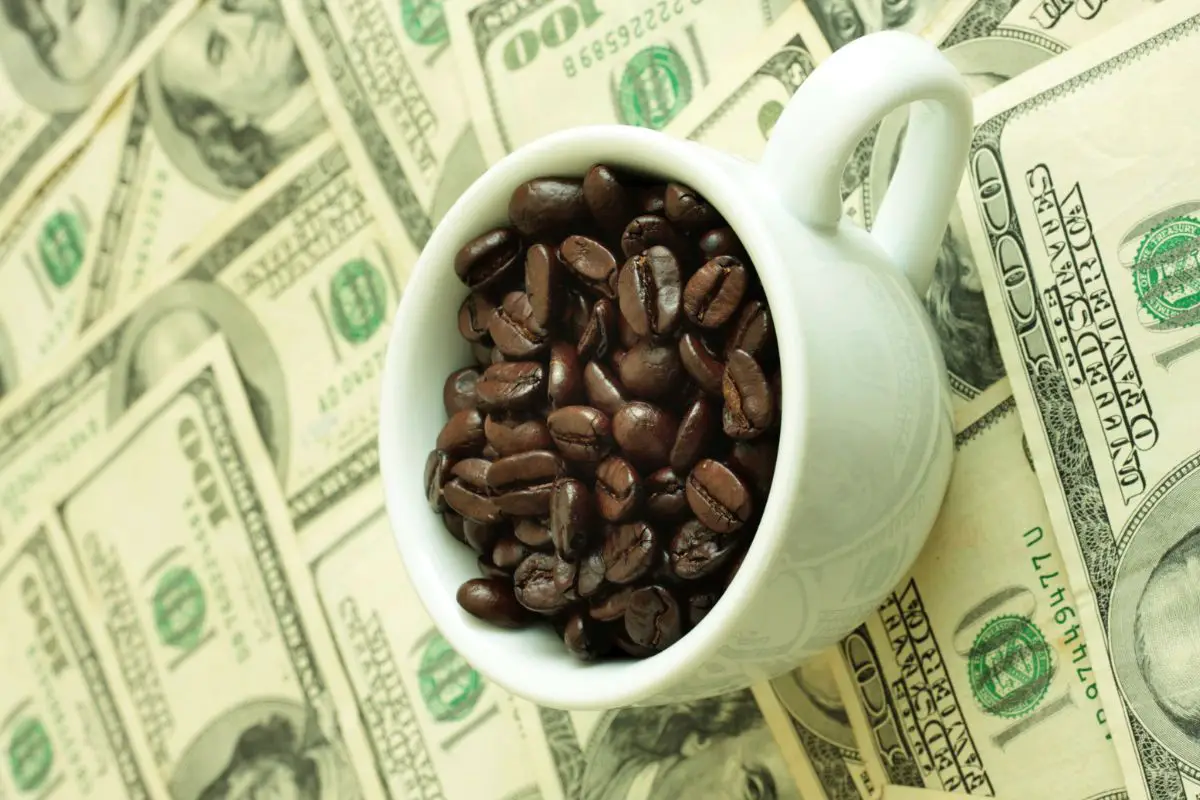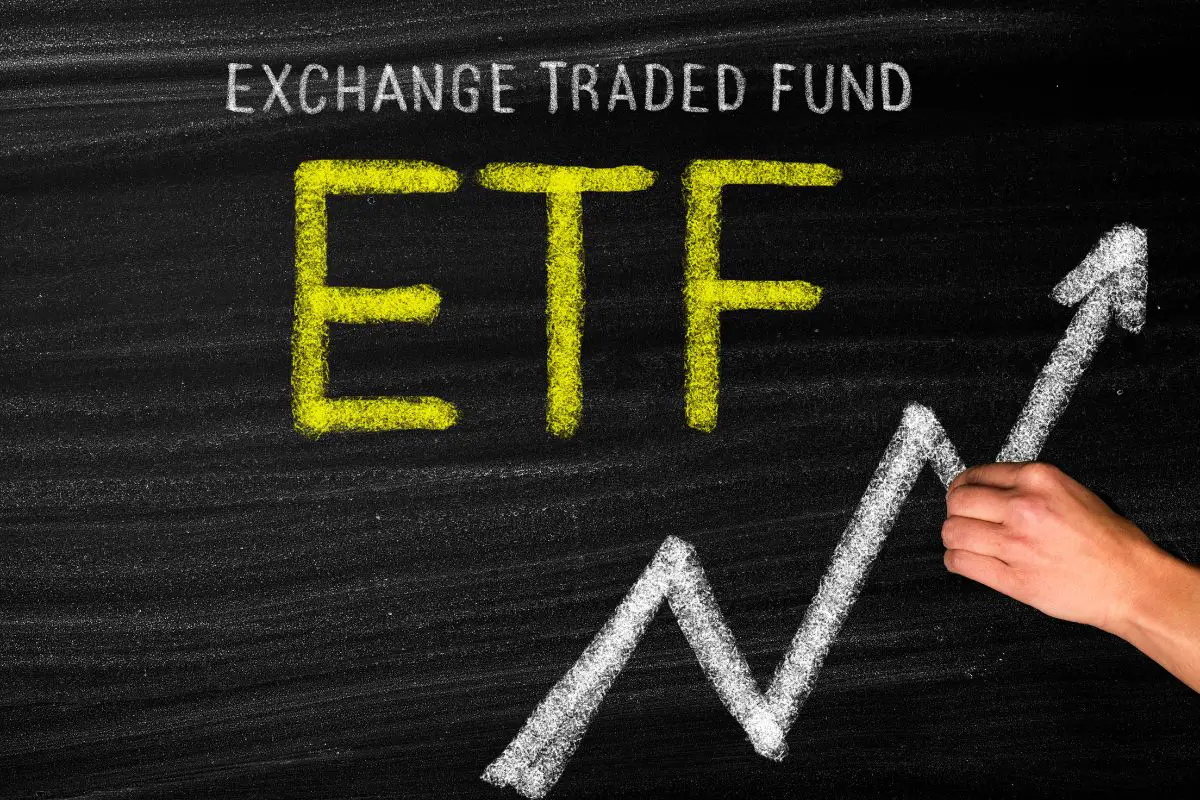For many people around the world, their day only starts well with a morning cup of coffee. Coffee was first discovered in Ethiopia by a goat herder. Brewing coffee took off in Yemen in the 15th century, where locals would brew coffee to help them stay awake as they indulged in religious rituals. Since then, coffee has evolved to become a staple for millions of people in the world. Considering its huge market share, have you ever thought about investing in coffee? Let’s guide you on how to invest in coffee.

Essentially, coffee is the most traded breakfast commodity in the world. It outshines other breakfast commodities such as sugar, tea, orange juice, and cocoa. Also, coffee is the most traded tropical cash crop. Despite its popularity, coffee is a volatile commodity.
The supply of coffee is largely affected by environmental conditions. Much of its volatility depends on Brazilian weather. Brazil is the largest producer of coffee in the world. The country produces about 40 percent of the world’s coffee supply. Thus, any bad season in Brazilian coffee affects the global market prices significantly. If you want to invest in coffee, here are some of the best options to consider.
1. Invest in Coffee Stocks

One of the ways to invest in coffee is by purchasing stock in a company that roasts or sells coffee. First, research in companies you have interest in. Rather than investing all your money in coffee stocks, divide a position of your funds and only put a small percentage into coffee stocks. Since coffee is notably volatile, investing much of your funds in it can lead to huge swings.
Price fluctuations in coffee are often huge. Unlike other commodity staples such as cocoa and cotton, coffee prices may vary greatly. Its prices are subject to conditions you cannot control. Thus, minimize your risk to avoid huge losses.
It will help to invest in coffee stocks in a company that not only sells coffee but also deals with other commodities. That way, a fall in coffee prices may not pull down the value of your stocks significantly since the company also trades in other commodities.
For instance, you can buy stocks in Nestle, which sells several products such as bottled water and baby food. The Keurig brand is another great company to buy stocks as it sells coffee alongside Keurig machines and non-alcoholic cold and hot beverages.
If you like frappuccinos, for example, you can buy stock in Starbucks. If you are a fan of the popular drive-thru coffee chain, Dutch Bros, then invest in their stocks. The Black Rifle Coffee Company, which does coffee deliveries to its customers’ homes, is also a great company to invest in coffee stocks.
Pros of Buying Coffee Stocks
- They are easily accessible through your broker, discount brokerage, or Robo-advisor.
- Stocks are customizable such that you can choose the coffee companies to invest in.
Cons of Buying Coffee Stocks
- Coffee prices are volatile. You must be careful about how much to invest in coffee stocks.
2. Invest in Coffee ETFs

Exchange-traded funds (ETFs) are securities that operate like mutual funds. They are specially designed to track a certain index. ETFs are not actively managed. You can buy or sell them on a stock exchange, making it possible to buy them through your preferred discount brokerage. You can invest in coffee by choosing a specific coffee ETF or an ETF that offers coffee and other commodities.
Pros of Buying Coffee ETFs
- ETFs are offered at attractive pricing. They are inexpensive and can be bought without trading fees through discount brokerages.
- They are diversified such that you can invest in different companies instead of one coffee company.
- The process of buying ETFs is straightforward. You can buy them with just a few clicks.
Cons of Buying Coffee ETFs
- ETFs are not customizable. You cannot control how the fund is handled by the fund manager or what goes into an ETF.
- They are not guaranteed despite being less volatile.
3. Invest in Coffee Futures

Investing in coffee futures means that you are betting on the price that coffee will sell for at a certain future date. Although this strategy offers the highest profits, it is also the riskiest coffee investment. Investing in coffee futures is only recommended for advanced investors.
If you want to invest in futures, ensure you are confident in doing and interpreting your research. Also, you should have enough capital for this kind of coffee investment. Additionally, be ready for the possibility of losing a significant amount of your investment.
You will need a brokerage account that works with futures trading. Futures are not traded on regular stock exchanges. To invest in coffee futures, first, you will buy a contract. A contract is a bet on the price coffee will sell at a future date and time. Contracts are often illiquid and offered infrequently.
Pros of Investing in Coffee Futures
- There is potential for making huge returns. A small increase in price can result in huge gains due to the high price per investment.
Cons of Investing in Coffee Futures
- Coffee futures are not easily accessible. You may not access them through your average broker.
- They are time-sensitive such that you need to exercise them before their expiry date. Else, they will be useless.
- Coffee futures are highly volatile. There are high chances of making huge losses as it is all about predicting how coffee prices will fluctuate.
Final Words
When you learn how to invest in coffee, you may stand a high chance of making good returns. However, the coffee market is volatile and affected significantly by complex factors. If you are a beginner, you will have to do thorough research before putting money in coffee ETFs, futures, or stocks. It will help to invest wisely by only committing to what you can afford to lose before becoming an advanced trader. Also, diversify your investments to minimize potential losses and maximize profits.